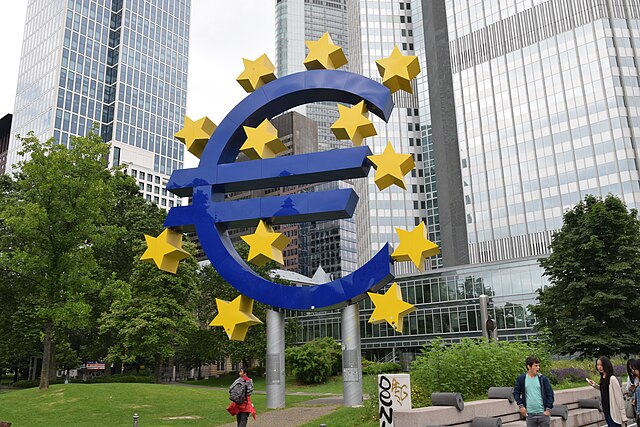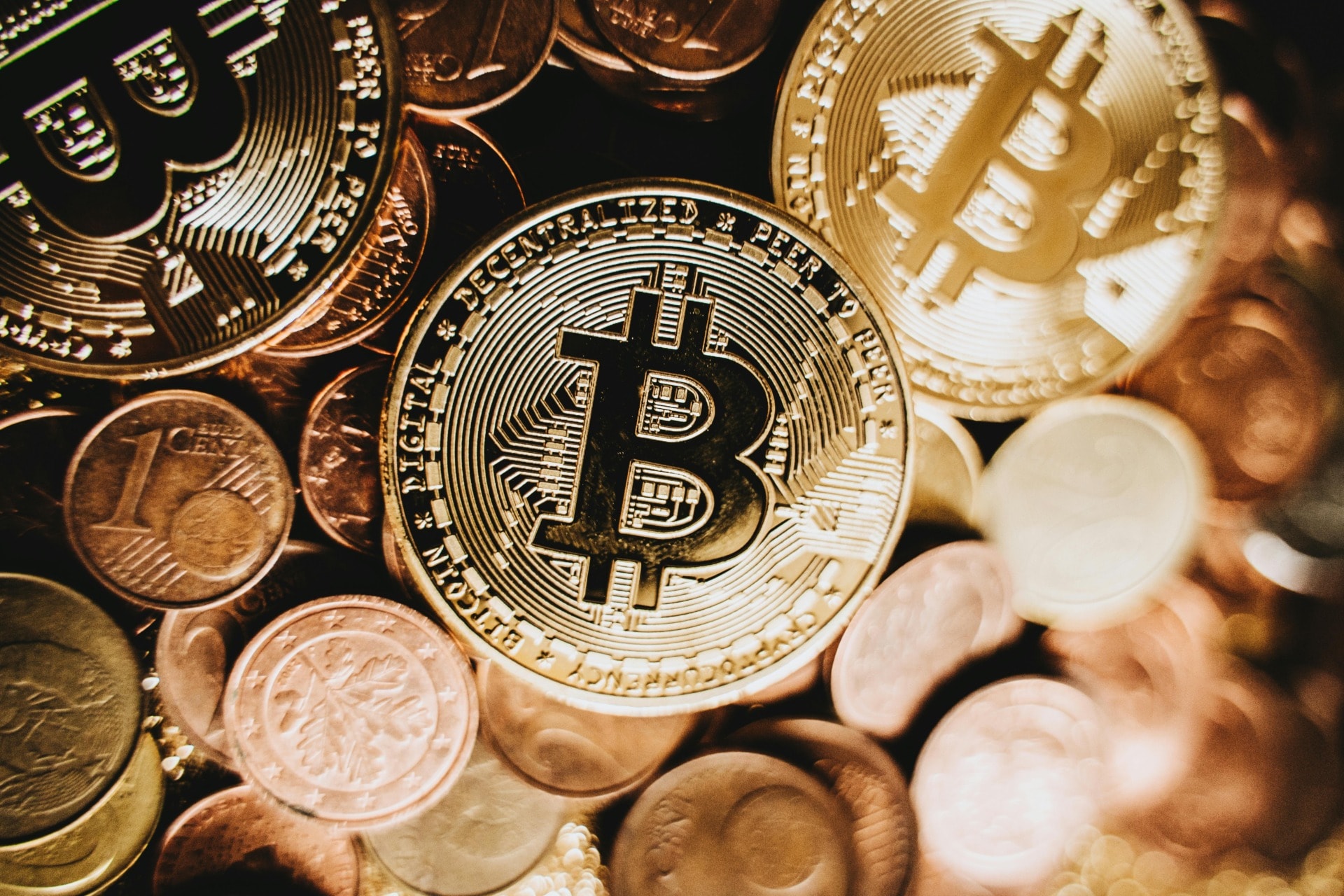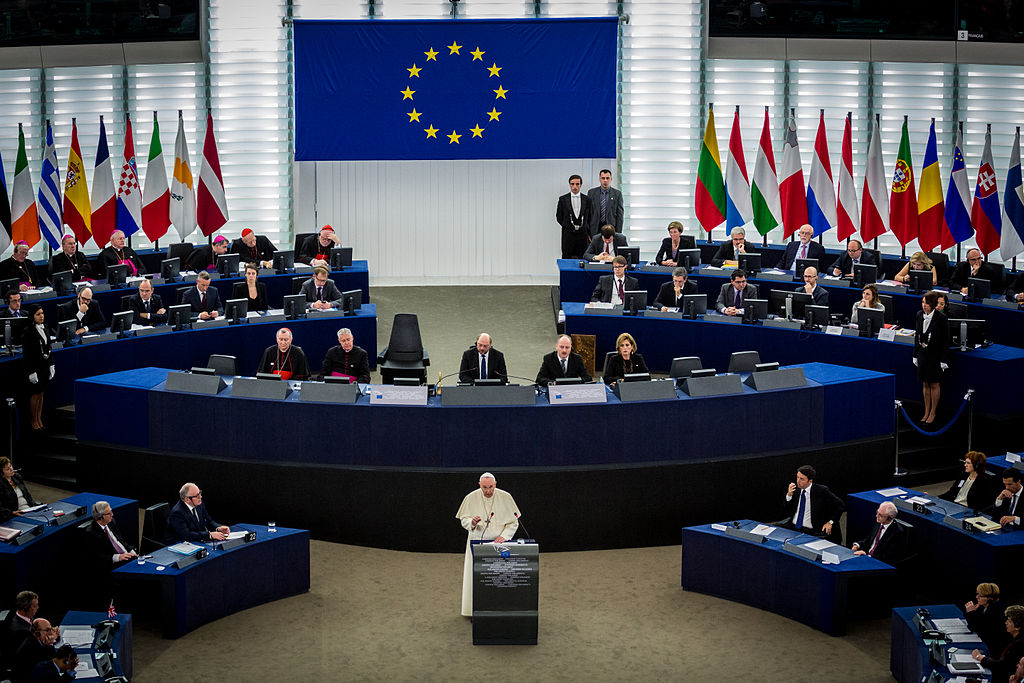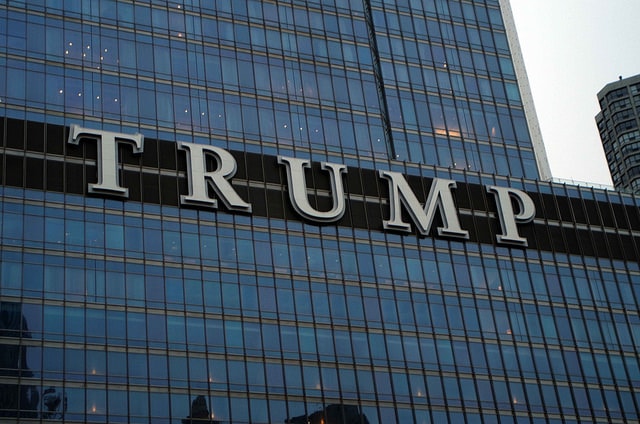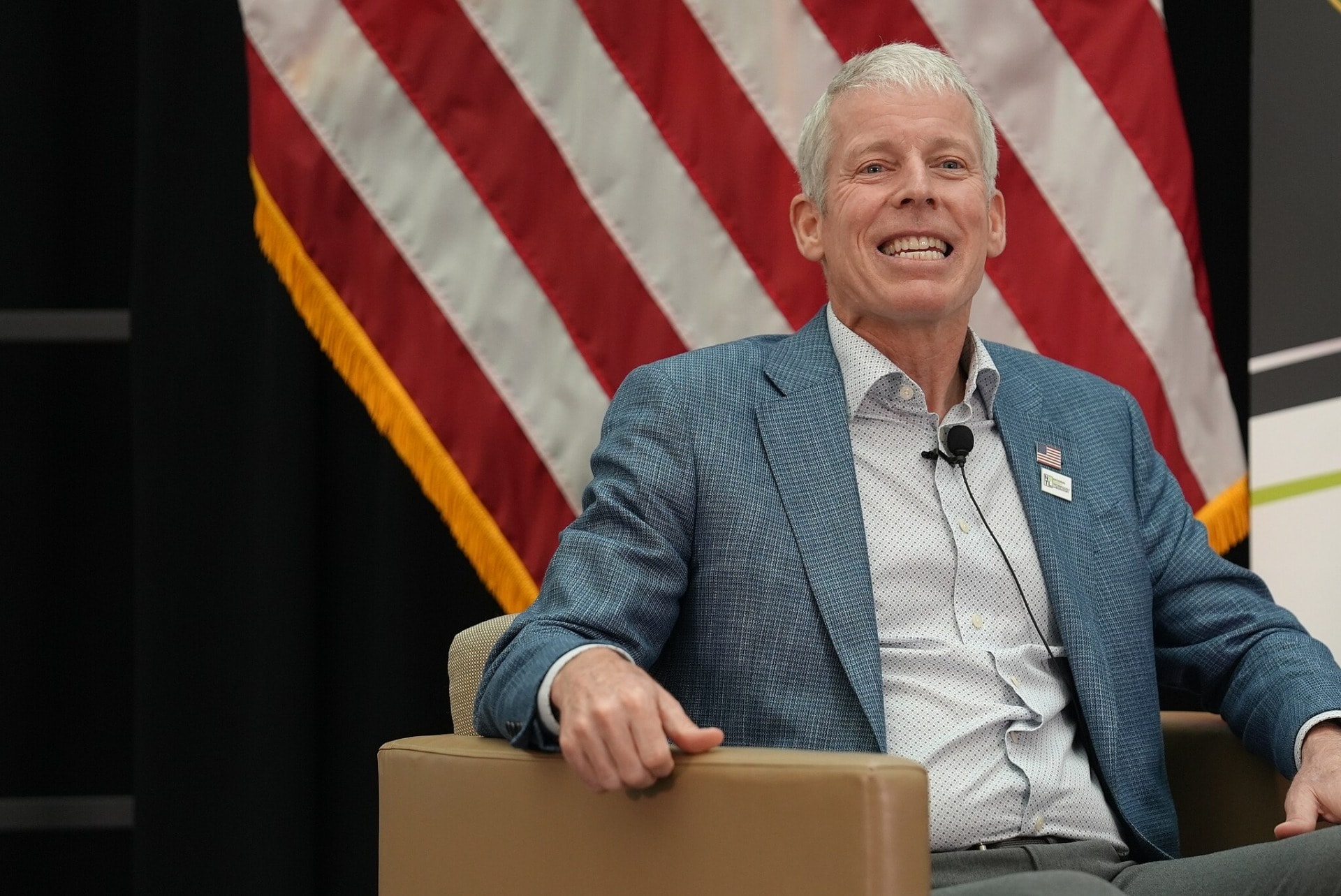In a world where 15 percent of the world population, or 1.1 billion people, still lack a valid form of identification, it is critical that we start leveraging digital technologies to provide a solution. What is needed is a digital identity. Innovation on identity is one of the most promising trends in blockchain technology, mostly in terms of how a global digital ID can enable us to strengthen democracies through global digital voting.
The difficulties with our current system of nationally based IDs (and respective citizen status and voting rights) are not hard to detect. Many of the most urgent and critical issues impacting our daily lives are global in nature. Inequality, climate change and forced migration are some examples of issues that cannot be solved by any individual nation – and in fact are exacerbated by nation-states acting in isolated self-interest. What they require is global cooperation, global governance. Solutions leveraging blockchains as a global jurisdiction on top of which they can create a global digital ID could be pivotal in enabling that level of decision-making.
IN THE PHOTO: DEF Cofounder Pia Mancini at Davos Feb 2018. CREDIT: Democracy Earth Foundation
The political conjuncture couldn’t be more welcoming. Everywhere in the world, we are witnessing the collapse of trust in institutions. The old model of trust flowing upwards through hierarchical institutions is increasingly outdated. In the meantime, the rise of new technologies such as smartphones and distributed public ledgers (blockchains) is helping reorganise the trust flow in a distributed way – flowing not within governments or institutions, but across networks of people, organisations and intelligent machines.
Several challenges arise in areas where blockchain networks can be leveraged to design responses to. On the one hand, the world is facing a growing crisis of identity for diasporas and displaced populations. At the same time, nation states are unable to respond to a global constituency brought about by the internet, which itself can become a new layer of citizenship on top of national IDs – a global digital citizenship, the infrastructure for a new political jurisdiction that doesn’t revolve around the territory as the vector that organises power and citizenship.
The economic case for new forms of identity and trust
Access to most basic human rights such as representation, justice, health and education are all dependent on being able to prove that one is who one claims to be, i.e. providing a valid form of identification. Imagine trying to open a bank account, start a business, apply for a driver’s license or to a university, or have access to health care without an ID.
Without an ID, we quickly become marginalised from modern life and the safety nets of society. Our existence is not accounted for, our needs are not met, we have no access to financial services or economic opportunities.
Lack of identity is trapping people in inescapable cycles of poverty. Consider that more than 2 billion adults do not have a bank account or use formal financial services – in up to 20 percent of cases this is due merely to lack of institutionally approved identity. This lack of ability to actively participate in the economy makes it difficult to move out of poverty.
The benefit of adopting new forms of secure, verifiable ID systems can grow the economy by billions.The Kenyan-founded micro-lending mobile app Tala is a case in point. Founded by a former US investment banker, Shivani Siroya, Tala enables microentrepreneurs to establish trust for credit based on noninvasive analysis of behavioural data available from their smartphone usage, and keeps the ownership of data in the hands of the individual. This successful example of a new form of distributed trust – which does not rely on formal nation-state or other institutional verifying identity – is opening new financial markets.
Just as critical is participating in politics; individuals with no formally verified identity have no access to democratic institutions and, therefore, no agency over the politics that will determine their future. Having a voice in this world is an accident of birth, and this is unacceptable.
Identity as a human right, beyond nation-states
Article 6 of the Universal Declaration on Human Rights stipulates that “Everyone has the right to recognition everywhere as a person before the law.” Yet, in 2018 that recognition is still not a reality to a large segment of the world. While many regions have attained universal or almost universal registration, an estimate of 15 percent of the world population, or 1.1 billion people, still lack an official ID, according to the World Bank’s Identification for Development Global Dataset (2017).
Addressing this fundamental barrier to realising basic human rights is the reasoning behind the international community’s decision to set target 16.9 in the UN Sustainable Development Goals as: “to provide legal identity for all, including birth registration by the year 2030″.
Yet, one of the main challenges to reaching this goal remains mostly unmeasured: this data does not account for the world’s 200+ million migrants, 21.3 million refugees, or 10 million stateless persons with either no formal identification or no access to the institutions that control it. In a world with a growing global population, increasing cross-border migration, and a severe refugee crisis, we must start thinking about new identity models capable of existing outside of territorial confines.
The internet as jurisdiction
Under the current structure of international law, an individual can only exist as a legal person if he or she has been given that status by a state. In practical ways, human rights are dependent, and deeply interwoven with citizenship status, which is linked to the physical territory in which one is born. However, utilising digital technology for IDs that are personal, persistent, private, portable and leveraging the infrastructure of the internet as a global jurisdiction, provides a new model that can help meet the challenges mentioned above.
Recent developments in distributed computing are allowing the rise of a new identity category: the self-sovereign identity systems. Asymmetric cryptography ensures security from the user perspective, and trust between peers can arise in a decentralised manner, with distributed collection of credentials and reputation management. Because anyone can have access to an identity and the resulting benefits without an intervening authority, they’re called “self-sovereign.”
With trust itself enabled by technologies and not institutions, the next evolution of the Internet will be the creation of a common and open identity layer that allows people to have their own self-sovereign identity that is secure, under their control, and always available to them, with no need for intermediary permissions.
Building digital identity on the blockchain
A distributed ledger, or blockchain, doesn’t depend on a central authority to verify its existence, or to facilitate transactions within it. This opens the possibility for individuals to build up blockchain transaction records over time, with those incorruptible transaction records acting as a form of identity verification that follows them everywhere, even across borders. Essentially, it means using the blockchain to create the trust they need to interact with the world and building a permanent identity without a nation-state government or institution needed to vouch for them. Clearly, trust no longer has to flow vertically.
A digital ID can have other advantages as well: today’s standard identity systems are based on physical documents and processes, which have inherent limitations. Analogue identity systems put users at risk due to overexposure of information, plus the high risk of information loss or theft. Paper is easily forged, especially compared to modern cryptography, something that puts vulnerable populations at risk of trafficking and other human rights violations. In Moldova, the government is working with United Nations digital ID experts to use blockchain to provide rural children with digital identity as a form of protection against trafficking.
As World Bank Group Chief Executive Officer Kristalina Georgieva notes, “We can harness digital identification and maximise its transformational potential for the benefit of people who currently are not being served because they cannot be seen or heard.”
Babies on the blockchain
Birth registration is a first step towards safeguarding individual rights and providing every person with access to justice and social services. While many regions have reached universal or near-universal birth registration, globally the average is just 71 percent (on the basis of available country data reported from 2010 to 2016). Certain regions are lagging far behind, with fewer than half (46 percent) of all children under 5 years of age in sub-Saharan Africa having their births registered.

CREDIT: Democracy Earth Foundation
My daughter Roma, born in San Francisco California, became the first baby to have a blockchain-validated birth certificate (or so is claimed by NYU professor David Yermack). The process, even though symbolic at the time, is relatively simple to replicate with everyday technology. Indeed, jurisdictions around the world are racing to find digital ID solutions. The world’s first transnational digital ID has already been pioneered by Estonia, with its e-Residency government-issued ID. Other examples are moving forward in more than a dozen countries, including Canada, Belgium, Singapore, South Korea, Norway, the Netherlands, Italy, Poland and Thailand. Most of these programs now include biometrics, most in the form of fingerprints.
This institutional will to innovate in this space is not surprising: projections show that the number of digital government/citizen transactions worldwide will grow to about $67 billion (30 percent) by 2020, suggesting countries who do not implement digital ID systems may experience significant revenue shortfalls. In addition to saving bureaucratic expenses, citizen digital ID programs can reduce the costs of corruption. In Nigeria, for example, establishing a registry of civil servants saved the country more than $70M by eliminating “ghost workers” from its government payroll.
However, for identities to be self-sovereign, they cannot be owned or controlled by governments, organisations or companies whose priority is value extraction from the user-owner. The Gov.UK Verify and India’s AADHAAR systems have been plagued by reports of improper security practices and data leaks (including banking details) compromising the privacy of millions of customers. Estonia’s e-government identified a security issue that affected half its population.
The politics of open source, self-sovereign identity
As the AADHAAR issues demonstrate, technology itself offers no guarantees that abuses will not occur. Technology firms are launching identity initiatives seeking to establish open standards. Microsoft is backing an open source initiative to develop a system with Blockstack and ConsenSys that will enable cross-blockchain registrations of identifiers for self-sovereign identities — a transparent, open source, blockchain-based naming and identity layer for the world. Users will own their self-sovereign identities and can prove ownership based on control of a private key linked to a known identifier.
Digital Identity Issue Analysis (Consult Hyperion 2016) states that centralised organisations currently serving as identity providers will evolve to become “identity proofers”, i.e. verifiers…. meaning that someone still needs to carry out the checks that an individual is who they say they are as they bridge the digital and physical worlds. Standards of assurance will always need to be met for certain types of transactions and relying parties will always need to be able to trust such assurances: what will change is the ease and simplicity of doing such checks in an environment where individuals give permission to access verified data to satisfy the limits of the criteria without unnecessary disclosure of privacy-protected information, and not be beholden to a single bastion of trust, i.e. a centralised state institutions, in order to have a digital identity.
Because proof of identity is so fundamental to participation in society, achieving identification for all will have a ‘ripple effect’ that acts to advance many key elements of the Sustainable Development Goals: from financial inclusion, digital development and governance to social protection, women and girls’ empowerment, and humanitarian assistance. Providing digital identity reduces a primary barrier to accessing services and exercising basic human rights, and gives individuals the self-sovereign power represented by having agency over their personal data.

CREDIT: Democracy Earth Foundation
Personal is political
Perhaps most critically, the greatest benefit of digital blockchain-based IDs is connected to political representation. Non-territorial specific citizenship – global citizenship – can enable a new form of governance regarding global issues: a bottom-up approach to governance on a level on top of the nation states, driven by the will of global citizens operating as digital nomads in a borderless world. Think about climate-change agreements: if a nation-state decides to pull out, cities, individuals and collectives can still uphold the contract. Effectively creating a new governance model that renders the existing one, obsolete.
Diasporas, migrants, refugees: all of these vulnerable cohorts can be included in political decision-making. And with blockchain technology, the integrity of the vote is guaranteed and results can be trusted. This is the world we envision at Democracy Earth Foundation, a world of greater equality and justice, economic and political participation enabled by the possession of their digital self-sovereign identity and their human right to own their own vote. We strive to find and design ways to put power back in the hands of the individual by providing incorruptible decision-making tools based on new forms of technology-enabled identity and trust.
Sources for quotes and statistics cited in this article:
“1.1 Billion ‘Invisible’ People without ID are Priority for new High Level Advisory Council on Identification for Development” The World Bank”, October 12, 2017
“Why Digital Identity?” ID 2020
How Refugees Are Helping Create Blockchain’s Brand New World, Wired March 14 2017
Who Can You Trust, by Rachel Botsman
This article was co-authored by:
Pia Mancini
 Pia Mancini is the co-founder and Chair of Democracy Earth Foundation. She is a committed political scientist, democracy activist and open source maven, working as Chief of Advisers and Deputy Secretary of Political Affairs (Buenos Aires) and as part of the policy think tank CIPPEC (Argentina) before founding the political party El Partido de la Red, (Argentina) and co-founding Open Collective (New York). A World Economic Forum member and TED Speaker reaching more than one million viewers. Through her efforts, Pia is pioneering nothing less than a reboot of democracy for the internet age, where blockchain-based governance will create an incorruptible, transparent system of governance that rethinks representation using the tools of liquid democracy.
Pia Mancini is the co-founder and Chair of Democracy Earth Foundation. She is a committed political scientist, democracy activist and open source maven, working as Chief of Advisers and Deputy Secretary of Political Affairs (Buenos Aires) and as part of the policy think tank CIPPEC (Argentina) before founding the political party El Partido de la Red, (Argentina) and co-founding Open Collective (New York). A World Economic Forum member and TED Speaker reaching more than one million viewers. Through her efforts, Pia is pioneering nothing less than a reboot of democracy for the internet age, where blockchain-based governance will create an incorruptible, transparent system of governance that rethinks representation using the tools of liquid democracy.
and Sandra Miller
 Sandra is a data scientist who began her career in statistical modelling in consumer packaged goods, migrating from Connecticut to Texas to begin working in high tech in the 1990s, starting first in the computer hardware industry before landing in the Bay Area to become a serial software entrepreneur. Sandra has built global advertising modelling systems, CRM-based healthcare customer service systems and managed some of the largest data repositories for the largest companies in the world, including Anheuser-Busch, Compaq Computer (HP) and Dell Computer. She was named by American Demographic magazine’s as one of its “Stars of the 21st Century”.
Sandra is a data scientist who began her career in statistical modelling in consumer packaged goods, migrating from Connecticut to Texas to begin working in high tech in the 1990s, starting first in the computer hardware industry before landing in the Bay Area to become a serial software entrepreneur. Sandra has built global advertising modelling systems, CRM-based healthcare customer service systems and managed some of the largest data repositories for the largest companies in the world, including Anheuser-Busch, Compaq Computer (HP) and Dell Computer. She was named by American Demographic magazine’s as one of its “Stars of the 21st Century”.




